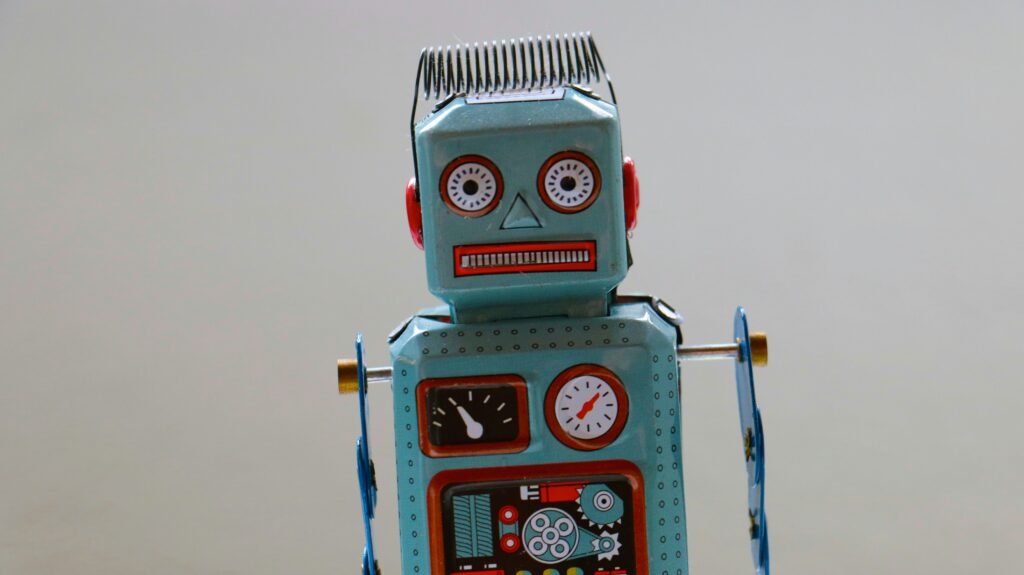On November 26, 2024, Michael led a class discussion focused on AI. As a class we considered some social, economic, environmental, and educational implications of AI technology. My colleagues and I shared our experiences with AI, homing in on how it has helped them (or hasn’t).

The potential to diminish motivation for students to learn and cheating on assignments are the two most common themes I noticed during our class. Some people shared experiences that they have had with cheating students, and their opinions on the best way to approach this kind of situation.
My colleagues state that it is not difficult to spot if a student has been using AI inappropriately because:
- The AI does not ‘speak’ in the student’s voice. AI is often boring and devoid of personality.
- AI will ‘hallucinate’ incorrect information, and present it as fact.
- Students will not be able to explain what they have handed in.
Here’s an interesting fact from Wikipedia:
Analysts estimated that chatbots hallucinate as much as 27% of the time, with factual errors present in 46% of generated texts.
Chatbots & hallucination in 2023, Wikipedia
In the classroom, teachers should have clear expectations of when it is appropriate to use AI. Teachers should have a sound rationale as to why and how it could harm learning and a course of action if a student is suspected of unreasonable AI use.

From The College Contemporary student magazine.
My colleagues recommend having an open dialogue with students suspected of using AI to cheat on an assignment. Essentially, be inquisitive as opposed to accusatory – direct but not confrontational, and brainstorm alternative ways for a student to prove their knowledge. According to Michigan Highschool professor Aaron Romoslawski, most of the time students use AI because they are struggling, and don’t know what to do. We need to be empathetic!
For me, the most impactful part of our conversation was when we discussed the water/power usage of AI queries. According to this article cited by the World Economic Forum, AI uses 33 TIMES more power than task-specific applications. The power required for AI computations doubles roughly every 10 days.
AI also consumes a lot of water due to this power consumption and for data centre cooling purposes. According to OECD, every 10-50 queries consumes roughly 500ml of water. In July 2010, the Independent claimed that a single Google search uses 0.5ml of water. Assuming both of these numbers are accurate today, AI queries consume 20-100 times more water per-query than a simple Google search.
Since learning this, I am hestitant to use AI at all due to it’s potential impacts on our environment. Currently Microsoft and OpenAI intend to combat this issue by opening nuclear power plants. The upside is that perhaps this is the step toward a nuclear-powered future. I believe that we will figure this out.